

Max Lab > Lab Test in Khanna > Lab Test in Kathiyana > MRD-ALL Panel
₹ 12500
10% OFF for Senior Citizens | USE CODE SS10 *
@3x.png) Description
Description
Minimal residual disease is defined as the small number of cancer cells that remain in the body after cancer treatment. Measurable or minimal residual disease (MRD) testing is used to observe whether the cancer treatment is working fine or not. It also helps to plan further treatment plans. MRD test in Kathiyana, Khannaing is mainly used in blood cancers, such as leukaemia, lymphoma, and myeloma. MRD test in Kathiyana, Khanna for acute leukaemia is the strongest independent prognostic predictor. Also, for the treatment of adult and paediatric acute lymphocytic leukaemia (ALL), MRD test in Kathiyana, Khannaing is a part of routine test in Kathiyana, Khannaing. Additionally, in relapsed settings of multiple myeloma, MRD test in Kathiyana, Khannaing is a predictor of survival outcomes. The standard procedure of the MRD test in Kathiyana, Khanna is to assess the number of myeloma cells in a bone marrow sample using techniques like genetic sequence analysis, next-generation sequencing and flow cytometry: next-generation flow.
MRD test in Kathiyana, Khanna is done to find any remaining cancer cells that may be left in small numbers. MRD lab test in Kathiyana, Khannas use sensitive methods which can find even a single cancer cell in 1 million healthy cells. MRD blood test in Kathiyana, Khannas include methods such as polymerase chain reaction (PCR), multiparametric flow cytometry, and next-generation sequencing (NGS). Such test in Kathiyana, Khannas are used after initial treatments for blood cancers like multiple myeloma. It helps to observe how well a person’s body is responding to treatment, if the person is in full remission, and to check if remission is stable or not or if there is any recurrence.
MRD test in Kathiyana, Khanna results can affect a person’s treatment by helping in making treatment decisions and improving patient outcomes as it helps in:
@3x.png) Description
Description
Minimal residual disease is defined as the small number of cancer cells that remain in the body after cancer treatment. Measurable or minimal residual disease (MRD) testing is used to observe whether the cancer treatment is working fine or not. It also helps to plan further treatment plans. MRD test in Kathiyana, Khannaing is mainly used in blood cancers, such as leukaemia, lymphoma, and myeloma. MRD test in Kathiyana, Khanna for acute leukaemia is the strongest independent prognostic predictor. Also, for the treatment of adult and paediatric acute lymphocytic leukaemia (ALL), MRD test in Kathiyana, Khannaing is a part of routine test in Kathiyana, Khannaing. Additionally, in relapsed settings of multiple myeloma, MRD test in Kathiyana, Khannaing is a predictor of survival outcomes. The standard procedure of the MRD test in Kathiyana, Khanna is to assess the number of myeloma cells in a bone marrow sample using techniques like genetic sequence analysis, next-generation sequencing and flow cytometry: next-generation flow.
MRD test in Kathiyana, Khanna is done to find any remaining cancer cells that may be left in small numbers. MRD lab test in Kathiyana, Khannas use sensitive methods which can find even a single cancer cell in 1 million healthy cells. MRD blood test in Kathiyana, Khannas include methods such as polymerase chain reaction (PCR), multiparametric flow cytometry, and next-generation sequencing (NGS). Such test in Kathiyana, Khannas are used after initial treatments for blood cancers like multiple myeloma. It helps to observe how well a person’s body is responding to treatment, if the person is in full remission, and to check if remission is stable or not or if there is any recurrence.
MRD test in Kathiyana, Khanna results can affect a person’s treatment by helping in making treatment decisions and improving patient outcomes as it helps in:

The digestive canal of an individual is susceptible to various kinds of infec...Read More

Urinary tract infections (UTIs) are infections of the urinary system that are...Read More

Chickenpox is a highly contagious virus that usually infects children under t...Read More

Eczema (or dermatitis) is a general term for inflammation of the skin. Dermat...Read More
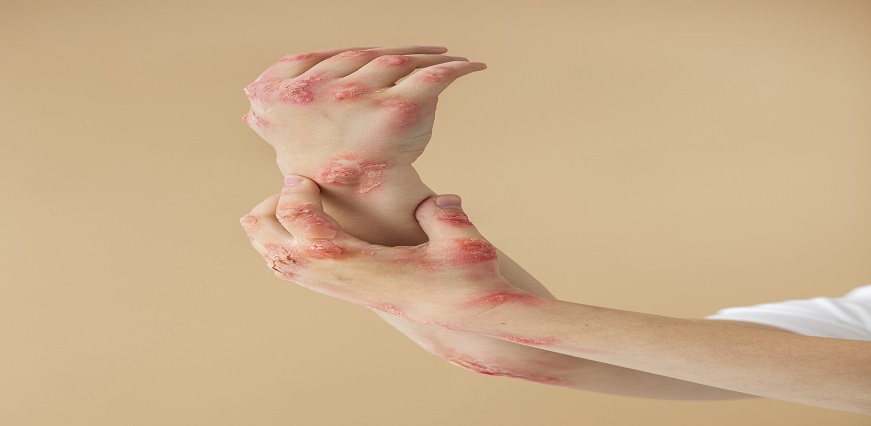
Sexually transmitted diseases (STDs) are a serious concern in today's wor...Read More
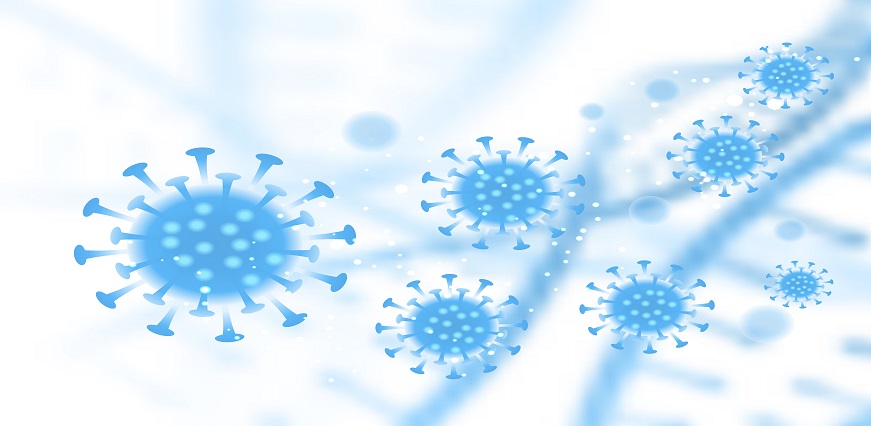
Are you concerned about the H1N1 influenza virus and its potential impact on ...Read More

Are you experiencing itchy, red, or scaly skin? It might be more than just a ...Read More

Welcome to our blog post on lower respiratory infections - a topic that affec...Read More
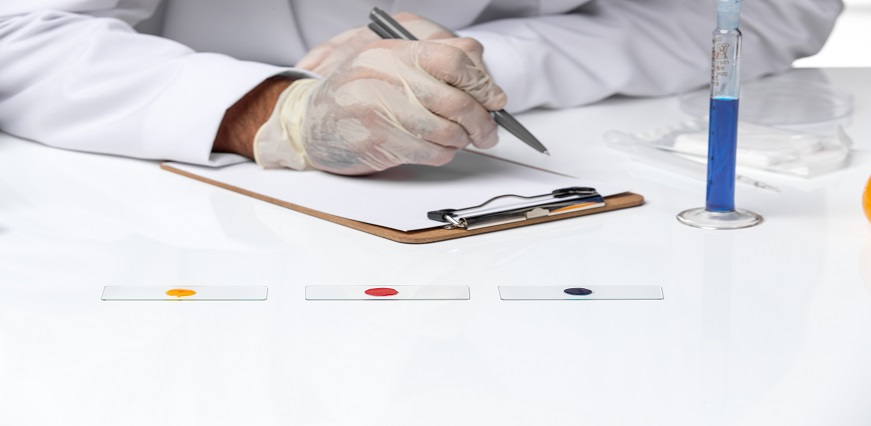
When it comes to our health, knowledge truly is power. And when faced with sy...Read More
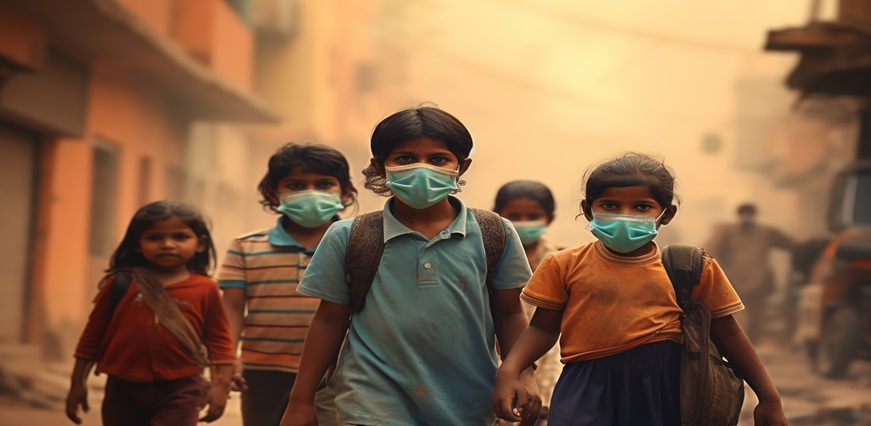
Air pollution poses major health risks and can exacerbate respiratory disease...Read More
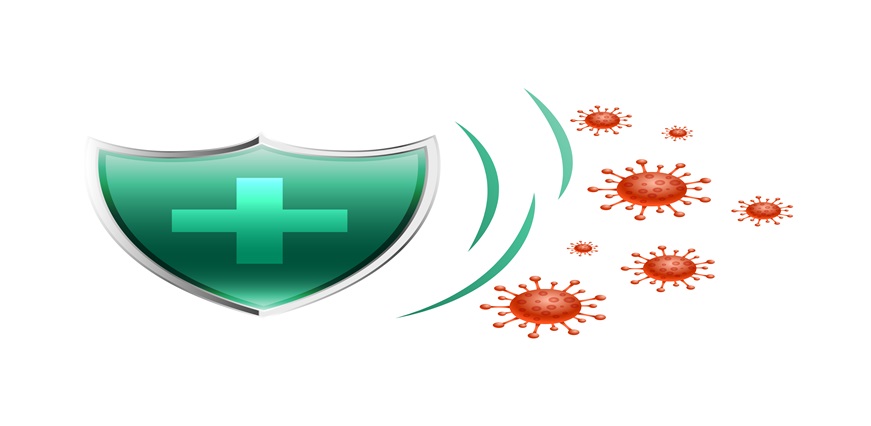
For those dealing with mysterious, persistent allergies, an Immunoglobulin E ...Read More
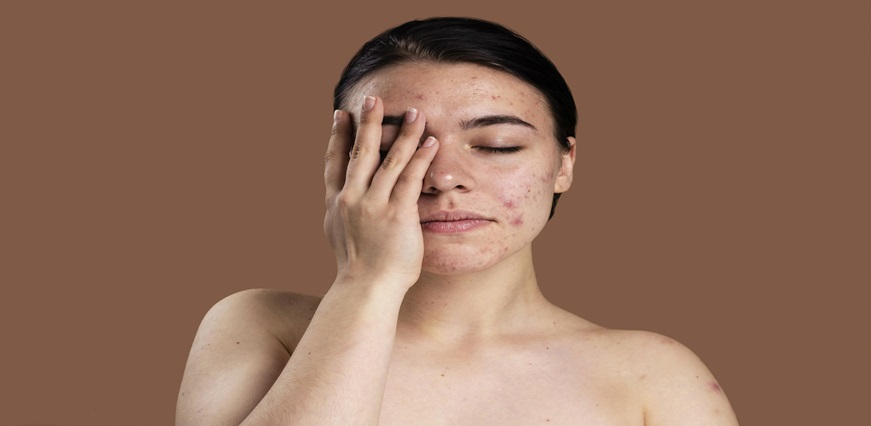
Purpura refers to discoloured patches on the skin or mucous ...Read More
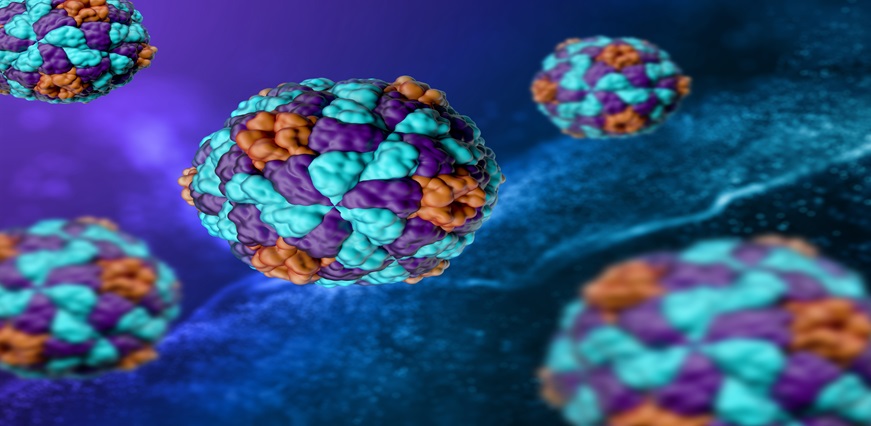
Hepatitis is a medical condition that is commonly caused by ...Read More
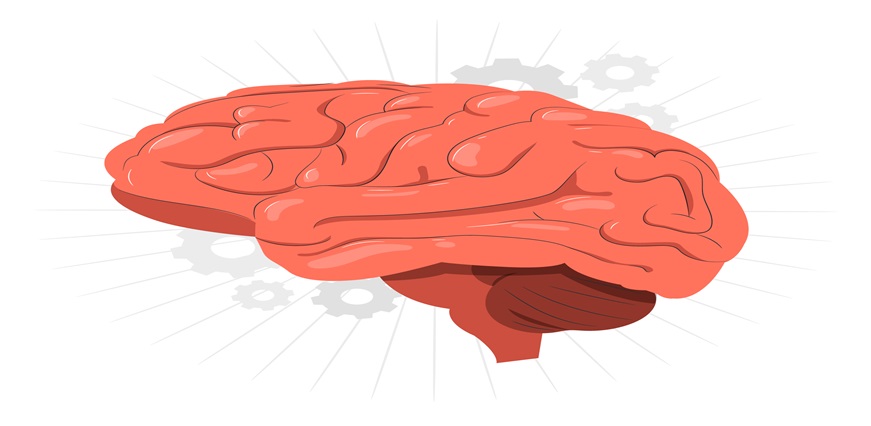
Meningitis is an infection and inflammation of the fluids and membranes surro...Read More

Chagas disease, also known as American trypanosomiasis, is a...Read More

The Nipah Virus, or NIV, is a zoonotic disease that primarily spreads from fr...Read More

Hyperpigmentation is a common skin condition where patches o...Read More

Rocky Mountain spotted fever (RMSF) is a bacterial illness caused by Ricketts...Read More
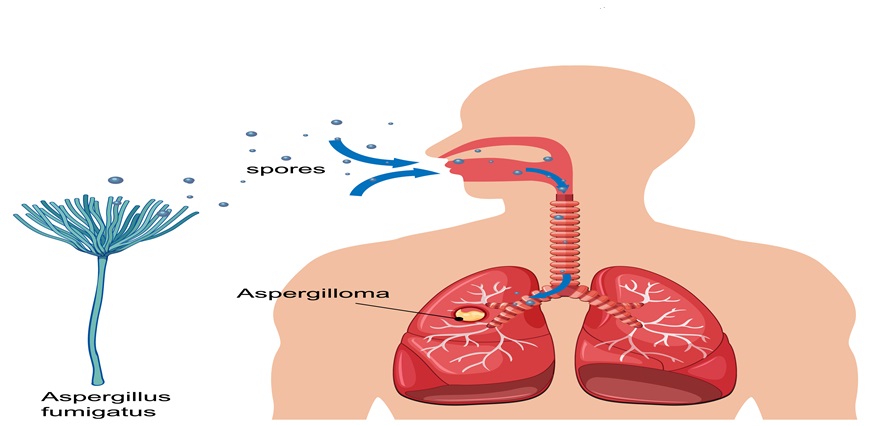
Aspergillosis is a fungal infection caused by Aspergillus, a...Read More
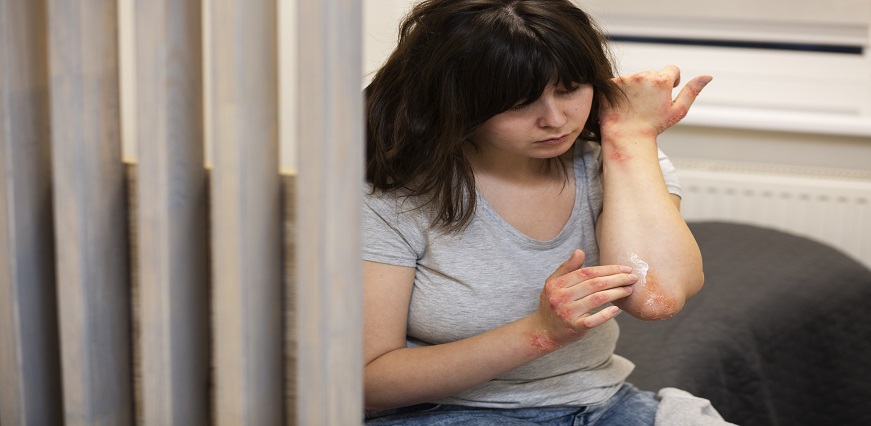
For many people, a mosquito bite is nothing more than just a nuisance. It gen...Read More

Getting bitten by a mosquito is quite common, however, a mosquito bite can tu...Read More
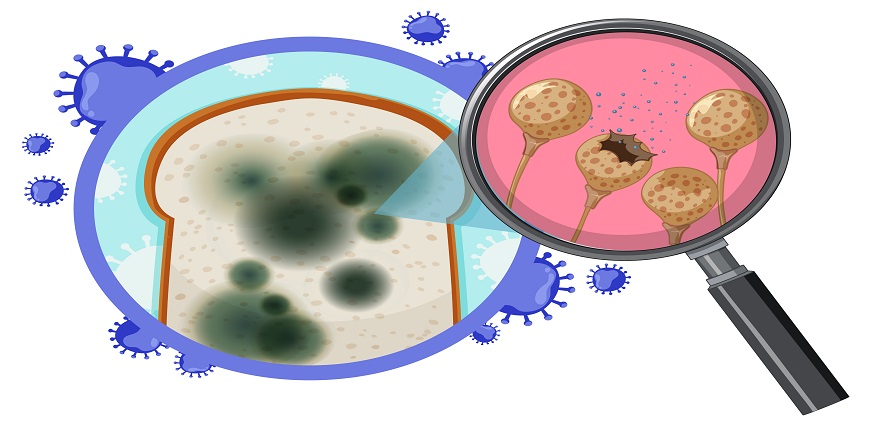
Understanding the Cryptococcus Fungus Cryptococc...Read More
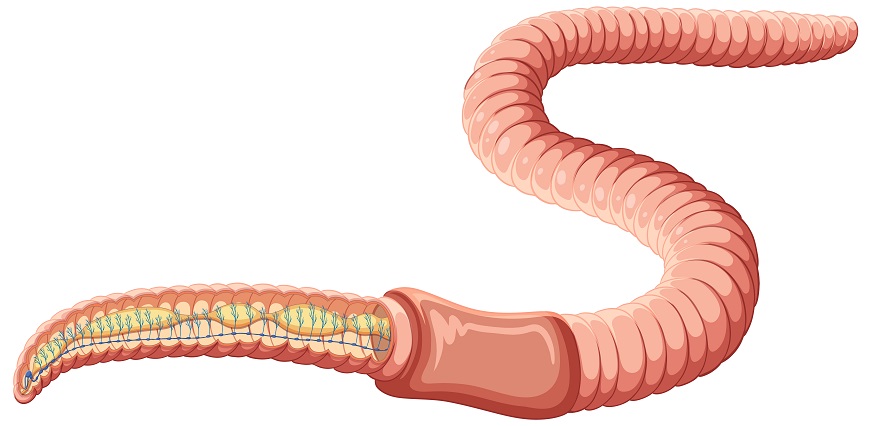
Strongyloidiasis is an infection caused by the parasitic worm Strongyloides. ...Read More

Also referred to as snail fever, schistosomiasis is a disease caused by paras...Read More
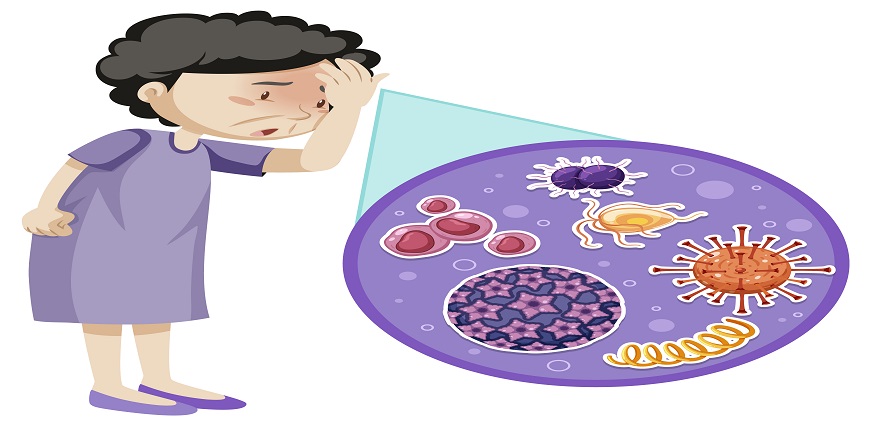
The Human body is one of the most complicated machines and to ensure that it ...Read More
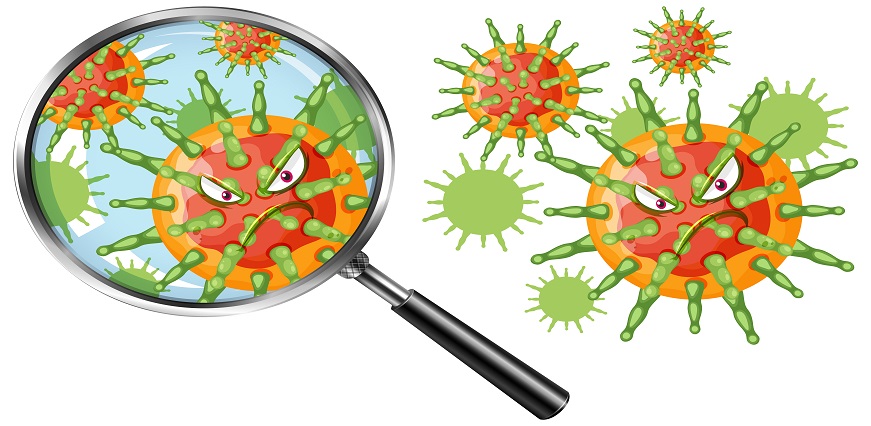
Bacterial infections are more common than you might think, lurking behind eve...Read More

Rat Bite Fever might sound like a scenario from a horror movie, but it's ...Read More

As the leaves begin to change and a crispness fills the air, many of us start...Read More

As the seasons change, many of us look forward to blooming flowers and warmer...Read More

Have you ever experienced an itchy, uncomfortable sensation in your ear that ...Read More

The world is constantly keeping an eye on emerging viruses, and the latest on...Read More

Diphtheria may not be a term you hear every day, but understanding this infec...Read More